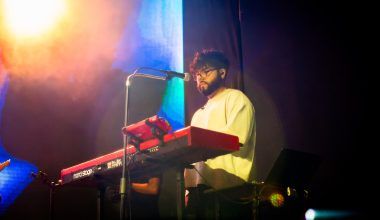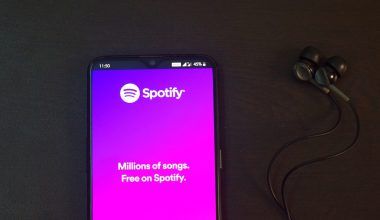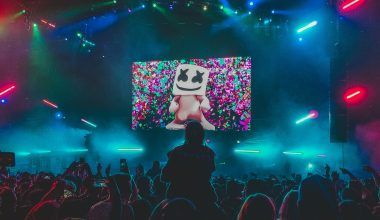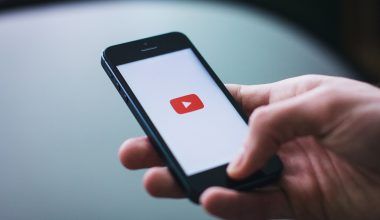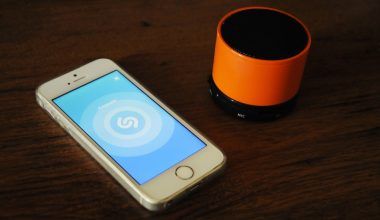Have you ever wondered if you can use a song without worrying about copyright? The idea of music being in the “public domain” means that it’s free for everyone to use, adapt, and share without any legal restrictions. But how do you know which music qualifies as public domain? In this blog, we’ll walk you through everything you need to know about what music is public domain, why it matters, and how to find it.
Public domain music is like a treasure chest that’s open to all. These are songs that either never had copyright protection or whose copyright has expired. Using public domain music can save you time, money, and stress when creating content like videos, podcasts, or personal projects.
What Does Public Domain Mean?
Before diving into the music aspect, let’s clarify what “public domain” means. Public domain refers to creative works—like books, music, and art—that are not protected by copyright law. In simpler terms, public domain works are free for anyone to use.
Here’s why music enters the public domain:
- Copyright Expiration: Every copyrighted piece of music has a lifespan. Once this expires, the music becomes public domain.
- Failure to Renew Copyright: Before modern copyright laws, creators needed to renew their copyright. If they didn’t, the work automatically entered the public domain.
- Dedication to the Public Domain: Some creators choose to waive their copyright and dedicate their work to the public domain.
How Does Music Enter the Public Domain?
Understanding how music becomes public domain is crucial if you’re looking to use it legally. In the United States, for example:
- Music published before 1924 is generally in the public domain.
- New music enters the public domain each year on January 1, based on the “life of the author plus 70 years” rule.
For international works, copyright laws may vary. It’s always a good idea to check specific rules for the country where you plan to use the music.
Examples of Public Domain Music
Some examples of music in the public domain include:
- Classical compositions by Mozart, Beethoven, or Bach.
- Traditional folk songs like “Amazing Grace” or “Greensleeves.”
- Early jazz standards from the 1910s and 1920s.
However, modern recordings of these pieces may still have copyright protection. Always verify whether it’s the composition or the recording that is public domain.
Why Use Public Domain Music?
Public domain music isn’t just free; it’s also versatile. Here are some reasons to use it:
- Avoid Legal Issues: You don’t have to worry about copyright infringement.
- Cost Savings: Many copyrighted songs require licensing fees, which can be expensive.
- Creative Freedom: Public domain music allows you to adapt and remix without restrictions.
Using public domain music can elevate your creative projects while keeping them hassle-free.
How to Check if Music Is Public Domain
It’s not always easy to determine if music is public domain. Here are a few steps you can follow:
- Look Up the Date: Check the publication date of the music. Anything published before 1924 is likely public domain.
- Research the Copyright: Use online databases to search for copyright information.
- Consult Public Domain Websites: Many sites specialize in public domain music, making it easier to find verified works.
Some trustworthy platforms for public domain music include:
- IMSLP: International Music Score Library Project
- Public Domain Information Project
- Musopen
Common Myths About Public Domain Music
There are many misconceptions about public domain music. Let’s clear up a few:
- Myth 1: All Old Music Is Public Domain: While older music has a higher chance of being public domain, some works are still protected.
- Myth 2: If It’s Online, It’s Public Domain: Just because you can find music on the internet doesn’t mean it’s free to use.
- Myth 3: Public Domain Music Can’t Be Copyrighted: If someone creates a new arrangement or recording, that version can still have copyright protection.
Tips for Using Public Domain Music
If you’re ready to start using public domain music, here are some tips to keep in mind:
- Verify the Status: Double-check that the music you’re using is genuinely public domain.
- Credit the Source: While not legally required, it’s always good practice to credit the original composer or source.
- Use Trusted Platforms: Download music from reliable websites to avoid legal issues.
Where to Find Public Domain Music
The internet is a goldmine for public domain music if you know where to look. Some excellent resources include:
- IMSLP (imslp.org): A massive collection of public domain sheet music.
- Musopen (musopen.org): Free recordings and sheet music.
- Free Music Archive (freemusicarchive.org): A variety of free-to-use tracks, including public domain.
These platforms make it easy to explore, download, and use music that’s free from copyright restrictions.
The Future of Public Domain Music
Each year, more music enters the public domain, offering new possibilities for creators. As copyright laws evolve, the public domain will continue to grow, giving us access to more creative works. Staying informed about copyright changes can help you make the most of this expanding resource.
Conclusion
Public domain music is a valuable resource for anyone who loves music or works in creative fields. Whether you’re making a YouTube video, producing a podcast, or just exploring music history, knowing what music is public domain can open up a world of opportunities.
Remember to always verify the copyright status, use trusted platforms, and respect modern recordings. By understanding and using public domain music responsibly, you can create amazing projects without legal or financial hurdles.
Now that you know what music is public domain, why not dive in and discover some treasures? The world of free, unrestricted music is waiting for you to explore.
Related Articles:
For further reading, explore these related articles:
- SZA’s Grammy Awards Journey: A Heartwarming Story of Hard Work and Talent
- Xin Kpop Group: The Rising Stars You Need to Know
For additional resources on music marketing and distribution, visit DMT RECORDS PRIVATE LIMITED

